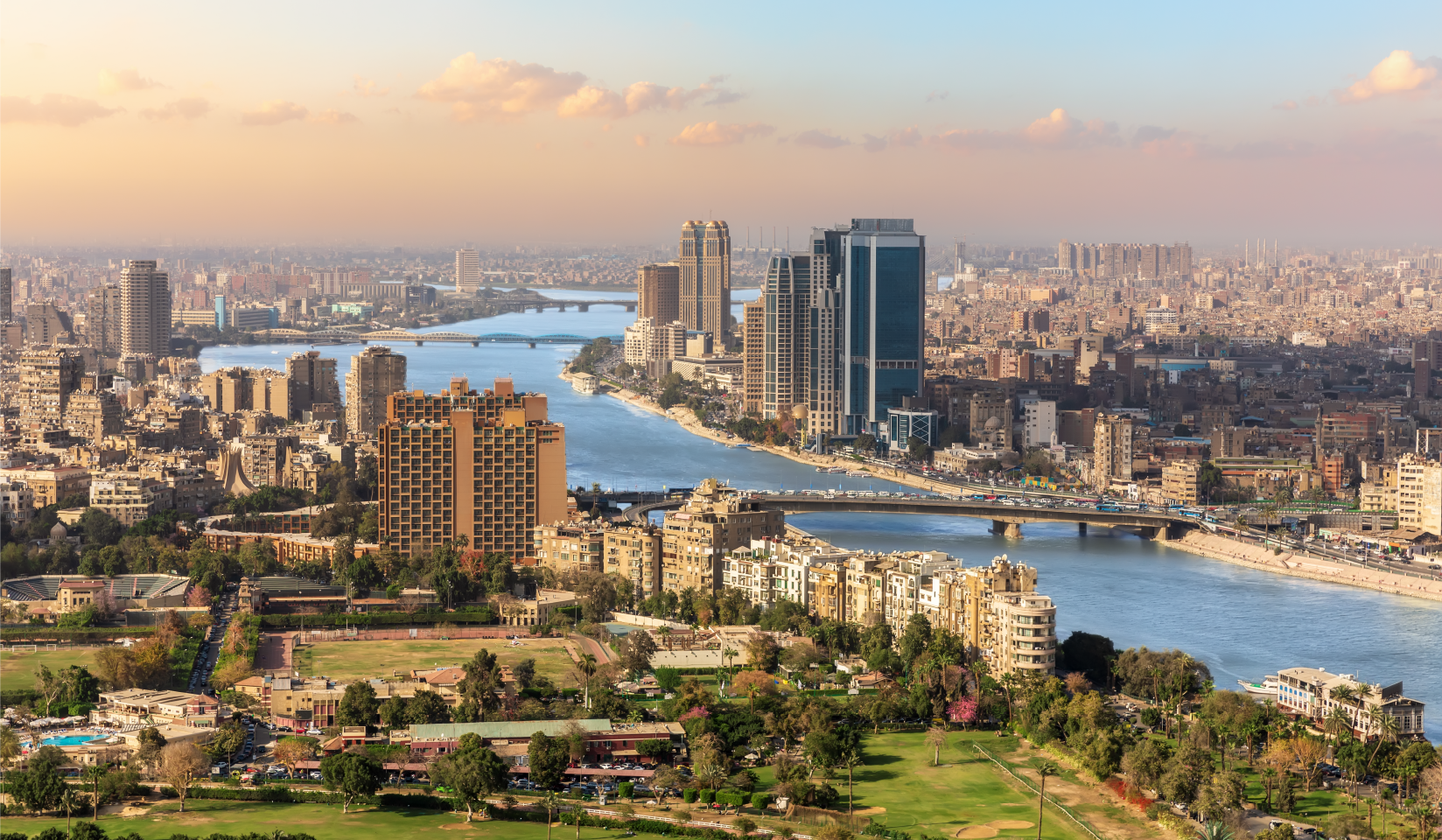Program
This ongoing stream of work explores a new era of competition between the United States, Russia, and China in the Middle East and North Africa. Militarily, economically, and diplomatically, these world powers, along with a number of traditional regional powers, seek to develop strong relations with and influence the policy of the Arab and non-Arab states of the region, and ultimately to turn this influence into a strategic advantage.
Feature
Navigating Influence: Great Powers in the Middle East and North Africa
The United States, Russia, and China are intensifying their competition for global influence. Our analysis reveals that their involvement and impact vary across the Middle East and North Africa. Within subregions, the three powers assert their influence in the realms of economy, security, and diplomacy, achieving various degrees of success.
